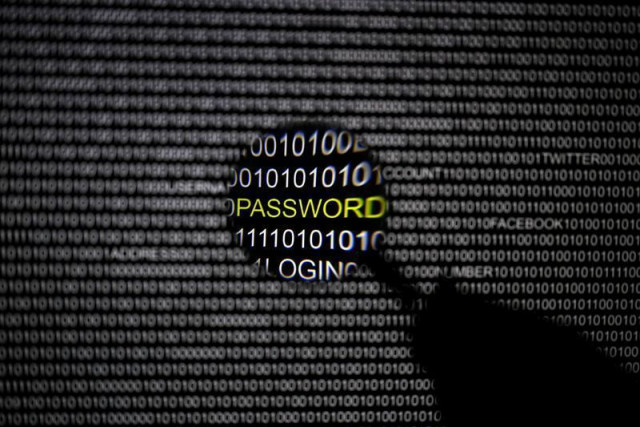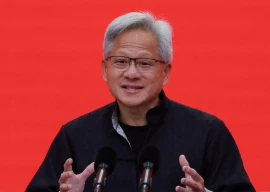
The country’s ambitious plan which could have this system running by 2020 is to develop a far-reaching social credit system, a plan that the Communist Party hopes will build a culture of 'sincerity' and a “harmonious socialist society” where “keeping trust is glorious.”
Safe Cities: Agreement signed for provision of surveillance equipment
“China is moving towards a totalitarian society, where the government controls and affects individuals' private lives,” said Beijing-based novelist and social commentator Murong Xuecun. “This is like Big Brother, who has all your information and can harm you in any way he wants.”
At the heart of the social credit system is an attempt to control China's vast, anarchic and poorly regulated market economy, to punish companies selling poisoned food or phony medicine, to expose doctors taking bribes and uncover con men preying on the vulnerable. “Fraud has become ever more common in society,” Lian Weiliang, vice chairman of the National Development and Reform Commission, the country's main economic planning agency, said in April. “Swindlers have to pay a price.”
Under this system, anything from defaulting on a loan to criticising the ruling party, running a red light to failing to care for your parents properly, could cause you to lose points. The score will determine whether you can borrow money, get your children into the best schools or travel abroad; whether you get a room in a fancy hotel, a seat in a top restaurant – or even just get a date.
China irked by delay in Gwadar project
A high-level policy document released in September listed the sanctions that could be imposed on any person or company deemed to have fallen short. The overriding principle: “If trust is broken in one place, restrictions are imposed everywhere.” A whole range of privileges would be denied, while people and companies breaking social trust would also be subject to expanded daily supervision and random inspections.
Every scrap of information available online about China's companies and citizens in will be in a single place – and then each of them will be assigned a score based on their political, commercial, social and legal “credit.”
Xuecun's criticism of the government won him millions of followers on weibo, China's equivalent of Twitter, until the censors swung into action. He fears the new social credit plan could bring more problems for those who dare to speak out. “My social-media account has been cancelled many times, so the government can say I am a dishonest person,” he said. “Then I can't go abroad, and can't take the train.”
Chinese offer to finance whole $2b LNG project
Details on how scores will be compiled and different qualities weighted against one another have not yet been announced by the government. But the idea is that good behaviour will be rewarded and bad behaviour punished, with the Communist Party acting as the ultimate judge. This is what China calls “Internet Plus,” but critics call a 21st-century police state.
Using big data and the ubiquity of smartphones, e-commerce and social media in a society where 700 million people live large parts of their lives online, the plan will also vacuum up court, police, banking, tax and employment records. Doctors, teachers, local governments and businesses could additionally be scored by citizens for their professionalism and probity.
This article originally appeared on Washington Post.


















COMMENTS
Comments are moderated and generally will be posted if they are on-topic and not abusive.
For more information, please see our Comments FAQ